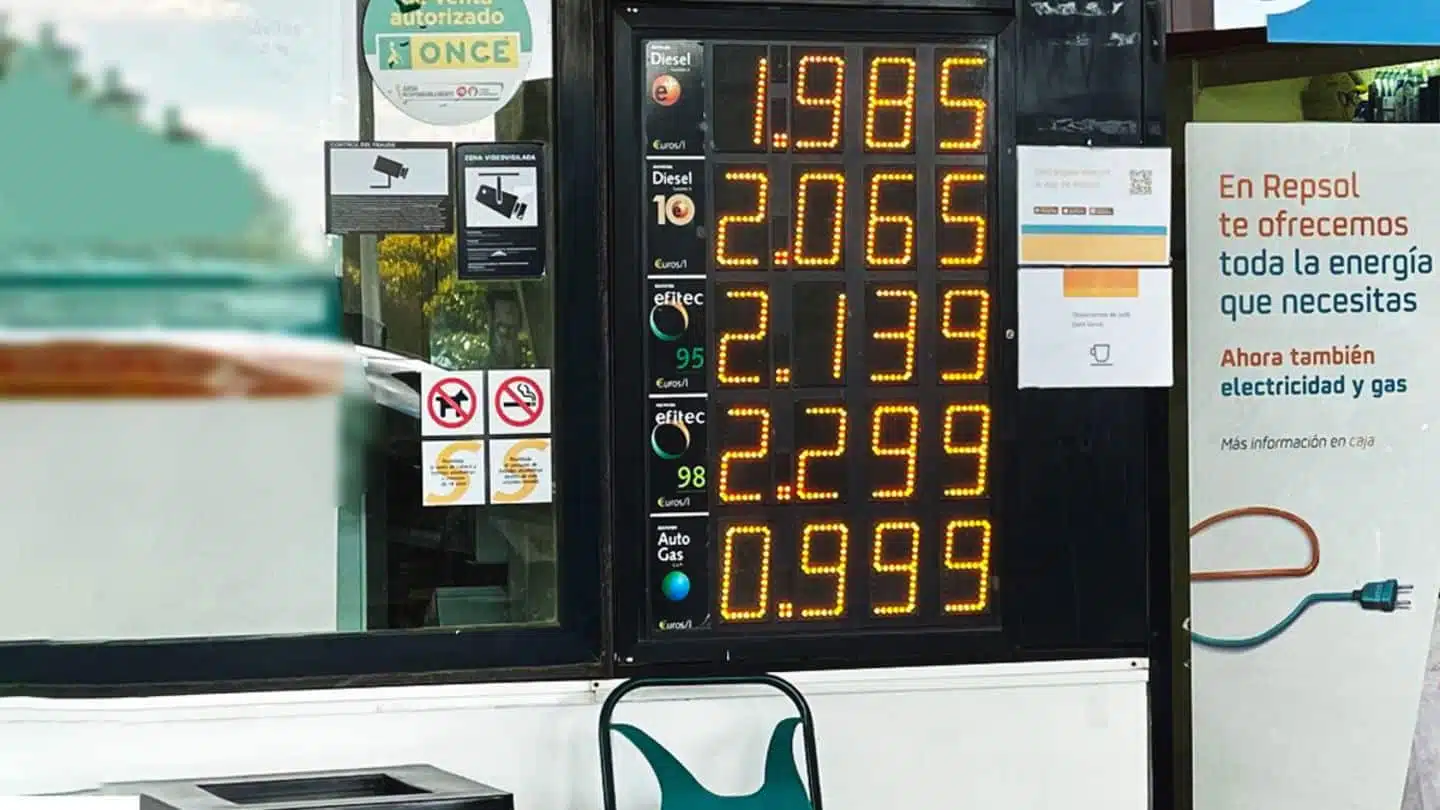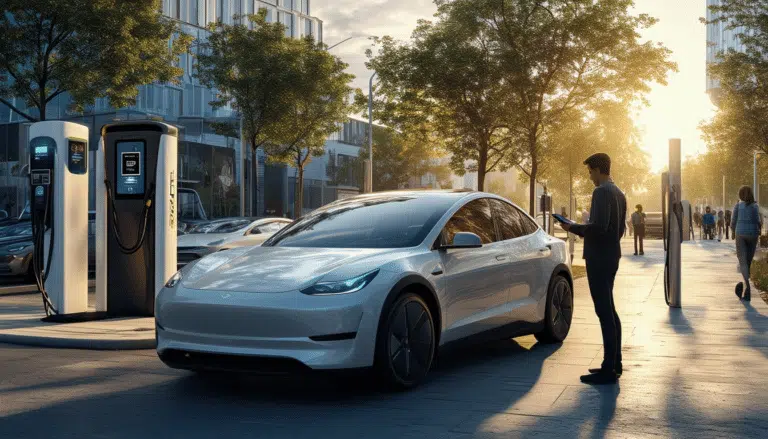Comparative prices: Gasoline versus Diesel

The price comparison between gasoline and diesel is a topic that has generated great interest and debate among drivers, especially in a context where the economy and sustainability are increasingly relevant. Both fuel options, derived from oil, present characteristics and costs that can influence the choice of the type of vehicle to acquire. While gasoline tends to be more affordable at the initial price, diesel has stood out for its fuel efficiency and durability, elements that are worth analyzing in depth to make informed and accurate decisions in the automotive field.
The choice between gasoline and diesel has been a topic of constant debate among drivers. Both fuels are derived from oil, but there are significant differences in terms of prices, consumption, and performance. This article examines these differences, providing a detailed comparison to help consumers make informed decisions about their vehicle and the costs associated with both types of fuel.
Price differences between gasoline and diesel
Currently, the price of diesel has surpassed that of gasoline by 7%, a figure that can vary depending on the region and gas station. Historically, diesel was considered more economical due to its lower consumption per kilometer traveled. However, recent fluctuations in the prices of both fuels have made the differences less noticeable.
Cost per liter and performance
The price per liter of fuel is a crucial factor in the comparison between gasoline and diesel. Traditionally, diesel has offered better performance in terms of distance traveled per liter. Diesel vehicles tend to travel between 20% and 30% further than gasoline ones, meaning that, although the liter of diesel is more expensive, fuel efficiency can balance the costs.
Maintenance costs
Gasoline engines typically require less maintenance than diesel engines. The systems of gasoline engines are simpler, which means less wear and, therefore, lower long-term maintenance costs. Meanwhile, diesel engines, although more durable, often require more expensive services, such as timing belts and more frequent oil changes.
Environmental impact
Another aspect to consider in the comparison is the environmental impact. Although both fuels are fossil, diesel emits less CO2 compared to gasoline for each liter burned. However, diesel engines tend to produce more polluting particles, which can be a decisive factor for consumers concerned about pollution.
Other considerations when choosing between gasoline and diesel
In addition to price and efficiency, there are other factors that can influence the choice between gasoline and diesel. For example, the availability of fuel can vary in different locations. It is also important to consider the nature of the vehicle’s use. If it is used for long and frequent trips, diesel might offer a better cost-benefit ratio, while for urban use, gasoline could be more practical.
Finally, new technologies are emerging in the automotive industry, such as hybrid and electric engines, which challenge the conventionality of gasoline and diesel. With the growing availability of electric cars and manufacturers’ commitments to reducing emissions, it may be useful to explore alternatives to traditional fuels. Likewise, these topics are constantly evolving and changes in regulations could affect their future decisions.
Currently, the choice between gasoline and diesel is not only about personal preferences but also involves a deep economic evaluation. The fluctuation in the prices of both fuels has led consumers to consider aspects that were not so significant before. Historically, diesel has been synonymous with lower cost per kilometer traveled, thanks to its consumption efficiency. However, the recent trend in the increase in diesel prices has made gasoline more competitive in terms of operating economy.
Another aspect to consider is the maintenance costs. Diesel engine vehicles generally require more rigorous maintenance due to the complexity of their engines. In contrast, gasoline vehicles have a simpler system, which could lead to a lower initial cost in repairs and services. However, it is also essential to consider the durability and lifespan of each type of engine, as diesels tend to last longer and offer better performance on long routes.
The environmental impact of both fuels cannot be overlooked. Diesel has traditionally been associated with higher emissions of pollutants, although modern engine technologies have managed to reduce this problem. On the other hand, gasoline has been criticized for its lower energy efficiency, resulting in higher fuel consumption on similar routes.
In summary, the decision to opt for a gasoline or diesel vehicle should be evaluated from various perspectives, considering the fuel price, vehicle performance, and maintenance requirements. This comparison is key to making informed decisions in the current context of fluctuating fuel prices.





